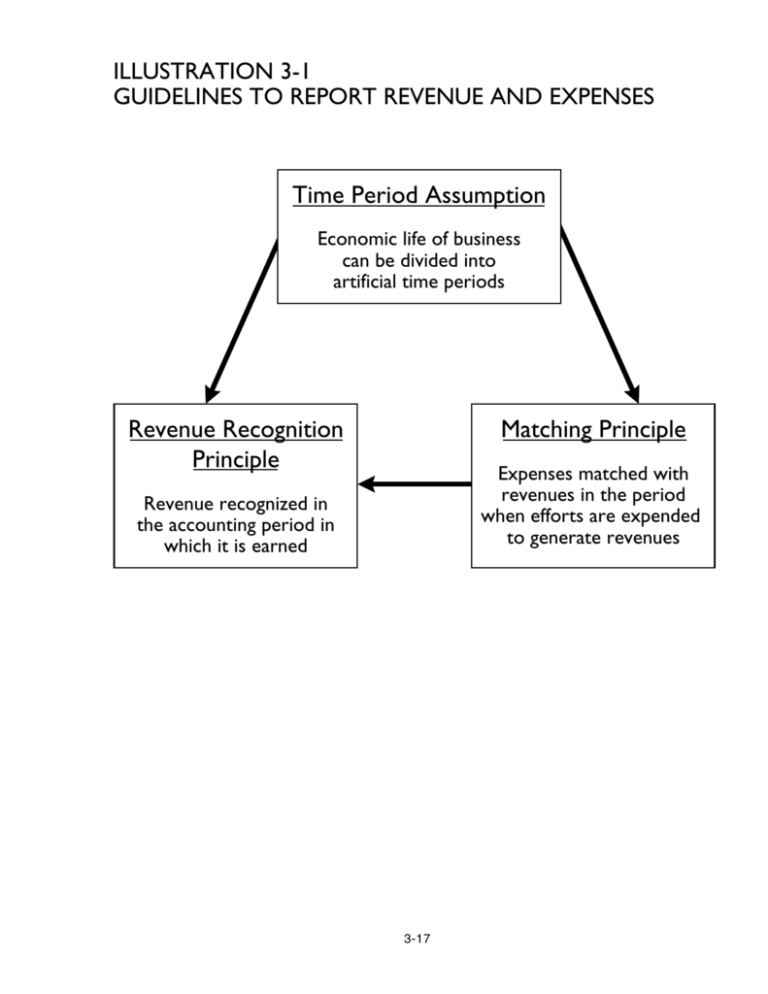Time period assumption in accounting that you need to know

These time periods, or intervals, are typically a month, quarter, or a year, although it could be any interval of time over which the business wants to measure financial performance and financial position. If a company did not complete this process, then the amounts in the revenue and expense accounts could relate to previous years and would not provide the owner with relevant information for the current year. Businesses and other economic entities compile and record transactions using one of the several accounting bases that best meet their needs and preferences. Each accounting basis may be seen as a collection of principles and rules that describe how accountants should record transactions when utilizing that basis.
Future of Time Period Assumption in the Evolving Accounting Landscape
The Time Period Assumption is a cornerstone of generally Accepted Accounting principles (GAAP) that ensures financial information is presented in a manner that is both meaningful and manageable. It allows for the periodic measurement of financial performance, which is essential for internal management, investors, creditors, and regulatory bodies. By adhering to this assumption, businesses maintain consistency, comparability, and reliability in their financial reporting, which is vital for maintaining trust and transparency in the financial markets.
The Significance of Time Period Assumption in Modern Accounting
- All related parties need to know company performance and financial position to make proper decisions.
- Investors also benefit from this assumption as it provides them with regular updates on a company’s financial health, allowing them to make timely investment decisions.
- These time periods are known as accounting periods for which companies prepare their financial statements to be used by various internal and external parties and stakeholders.
- Another reason might be because some business transactions occur over long periods while others happen very quickly.
On the other hand, interim reporting offers a more frequent glimpse into a company’s operations, typically on a quarterly basis. These reports are essential for providing timely information to investors and other stakeholders, allowing them to make informed decisions between annual reports. Interim reports are usually less detailed than annual reports but still include key financial statements such as the balance sheet, income statement, and cash flow statement. The concept of how to do a bank reconciliation is pivotal in accounting as it dictates that financial activities can be divided into artificial time periods for reporting purposes.

The Purpose of the Economic Entity Assumption
This assumption is crucial for providing a consistent and comparable set of financial data over time, which is essential for stakeholders like investors, creditors, and management to make informed decisions. The time period assumption is a fundamental accounting principle that stipulates that business operations can be recorded and reported in distinct time intervals. The assumption is crucial because it affects when revenue and expenses are recognized, influencing a myriad of financial decisions.
Under accrual accounting, revenue and expense are expected to record when it occurs rather than paid or collect. The transactions are not easily separate between each accounting period especially the sale and expense happen the end of the period. The accountant needs to estimate and make an assumption on the amount which needs to record into the income statement. Creditors, on the other hand, use financial statements to evaluate the risk of lending to a business. While the time period assumption has served as a cornerstone of financial reporting, the evolving landscape of business and technology is prompting a reevaluation of this concept. The future of reporting may very well lie in a more dynamic, continuous approach that reflects the real-time nature of modern business operations.
A financial professional will offer guidance based on the information provided and offer a no-obligation call to better understand your situation. Our mission is to empower readers with the most factual and reliable financial information possible to help them make informed decisions for their individual needs. Finance Strategists has an advertising relationship with some of the companies included on this website. We may earn a commission when you click on a link or make a purchase through the links on our site. It is important to take note that there will always be different ways of presenting accounting data because every business is unique. In other words, it means that a company has its own identity set apart from its owners or anyone else.
For instance, the decision to recognize revenue in one period over another can significantly alter the financial landscape of a company, affecting everything from tax liabilities to performance bonuses. The time period assumption is a fundamental concept in accounting that allows businesses to divide their complex financial activities into shorter, more manageable intervals, typically months, quarters, or years. This division facilitates the timely reporting of financial performance and position to stakeholders. However, applying this assumption is not without its challenges, which can significantly impact the accuracy and relevance of financial statements.
This assumption therefore allows businesses to defer some accrued expenses to future accounting periods. In order to do so, the an accounting period needs to be defined, which is where the time period principle comes in. From the perspective of management, the time period assumption facilitates internal control and performance evaluation. Managers can set periodic targets and compare actual performance against these benchmarks, making necessary adjustments to operations and strategies.
Since outside financial statement users want timely financial information, the time period assumption allows us to prepare financial statements on a monthly, quarterly, and annually basis. The first reason is that many businesses have very different levels of activity during certain parts of the year, and it would not be accurate to report all revenues and expenses for each month in full detail. The matching principle states that each revenue recorded should be matched with the related expenses at the same time. The Meta company provides services valuing $2,500 to Beta company during the first quarter of the year. The time period assumption is a cornerstone of accrual accounting, ensuring that financial statements reflect the economic reality of business transactions.
